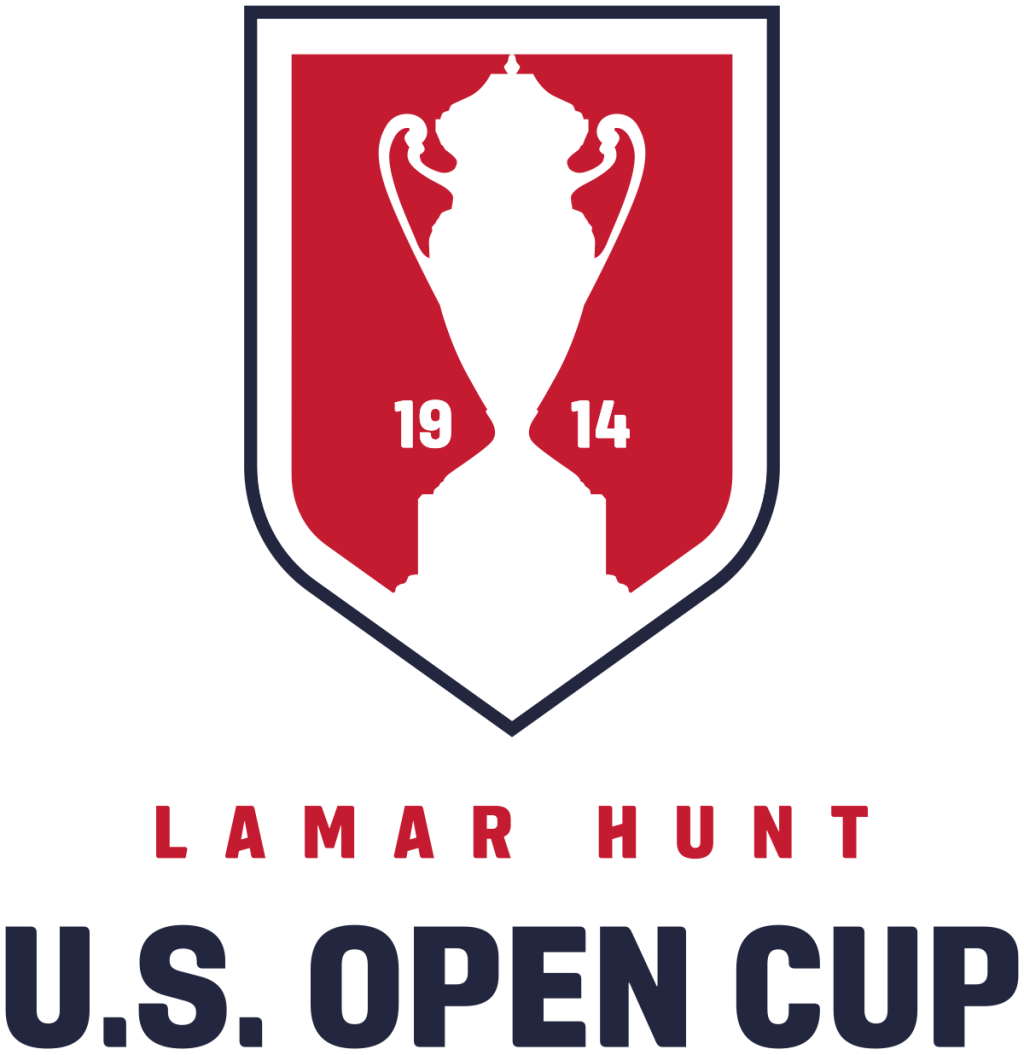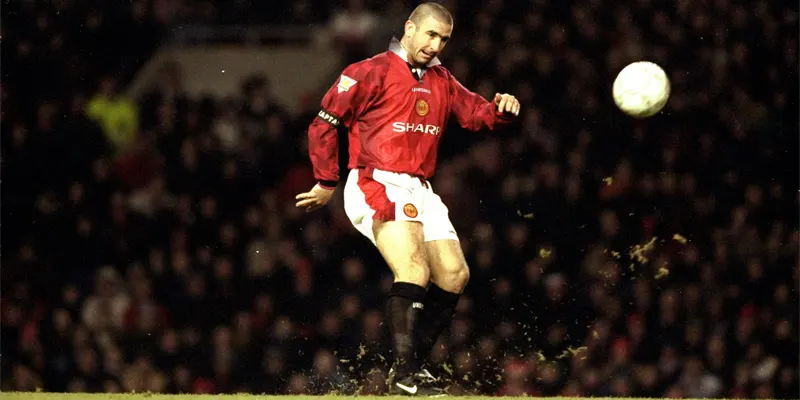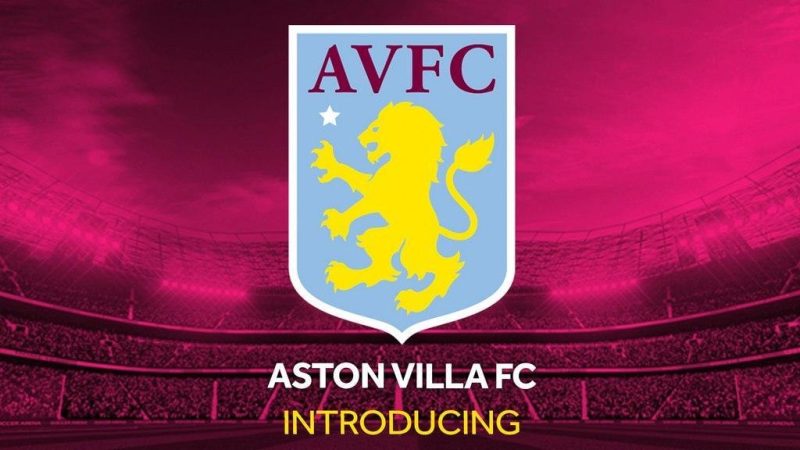
US Open Cup
The US Open Cup is a storied tournament steeped in history and excitement, showcasing some of the best teams and players across American soccer. As one of the oldest soccer competitions in the United States, it brings together clubs from various leagues, providing a unique platform 98win for competition and a chance for underdog stories to unfold.
Introduction to the US Open Cup
The US Open Cup serves as an important piece of American sports culture, with its roots tracing back to the late 19th century. Over the years, the tournament has evolved into a prestigious competition that not only tests the skill of professional teams but also allows amateur clubs to compete on a grand stage.
History and development of the tournament
The origins of the US Open Cup date back to 1914 when it was first held as the National Challenge Cup. This inaugural event marked the beginning of a legacy that would span over a century, making it the longest-running annual team competition in the United States. Initially dominated by regional clubs, the tournament gradually expanded to include teams from the Major League Soccer (MLS) era, which began in the mid-1990s.
The structure of the US Open Cup has undergone several changes throughout its history. Early on, the competition was predominantly knockout-style, where teams competed in single-elimination matches. This format has remained, adding elements such as seeding and qualification rounds in recent years to enhance competitiveness. The evolution of the tournament reflects the growth of soccer in America, bringing more attention and prestige to clubs participating across multiple tiers of the sport.
Notable teams participating in the competition
Throughout its history, many notable teams have graced the US Open Cup, including MLS stalwarts like the Seattle Sounders, Chicago Fire, and Sporting Kansas City. The tournament is often regarded as a proving ground for clubs looking to establish their national presence. Clubs from lower divisions have made impressive runs, instilling hope in fans and demonstrating the unpredictable nature of knockout tournaments.
The participation of amateur teams adds another layer of intrigue to the US Open Cup. These teams often seize the opportunity to face off against top-tier professional clubs, creating memorable matchups that capture the imagination of fans nationwide. Whether it’s a local club taking on a powerhouse or MLS sides battling it out, the diversity of teams makes each match a story waiting to be told.
Memorable matches and historical moments
Over the years, the US Open Cup has witnessed countless historic moments that have shaped the tournament’s legacy. One memorable match occurred in 1999 when the Rochester Rhinos, an A-League team, defeated the Colorado Rapids of MLS to become the first lower division club to win the cup. This victory cemented their place in history and showcased the potential for upsets within the tournament.
Another unforgettable moment came in 2010 when the Seattle Sounders clinched their second consecutive cup title, establishing themselves as a dominant force in American soccer. Their passionate fan base and electric atmosphere at home games brought renewed energy to the tournament. Matches like these illustrate how the US Open Cup can serve as a catalyst for change within clubs, inspiring them to reach new heights in their respective leagues.
The tournament also creates opportunities for lesser-known players to shine on a bigger stage. For instance, during the 2018 edition, 18-year-old Chris Durkin made headlines when he helped D.C. United secure a comeback victory against FC Cincinnati. These instances not only highlight individual talent but also reinforce the importance of the US Open Cup as a platform for emerging stars.
Conclusion
The US Open Cup remains a cornerstone of American soccer, offering both established clubs and aspiring underdogs a platform to showcase their talents. Its rich history and evolving nature reflect the growth of soccer in the United States, creating a tapestry of unforgettable moments and passionate connections between teams and their fans.

